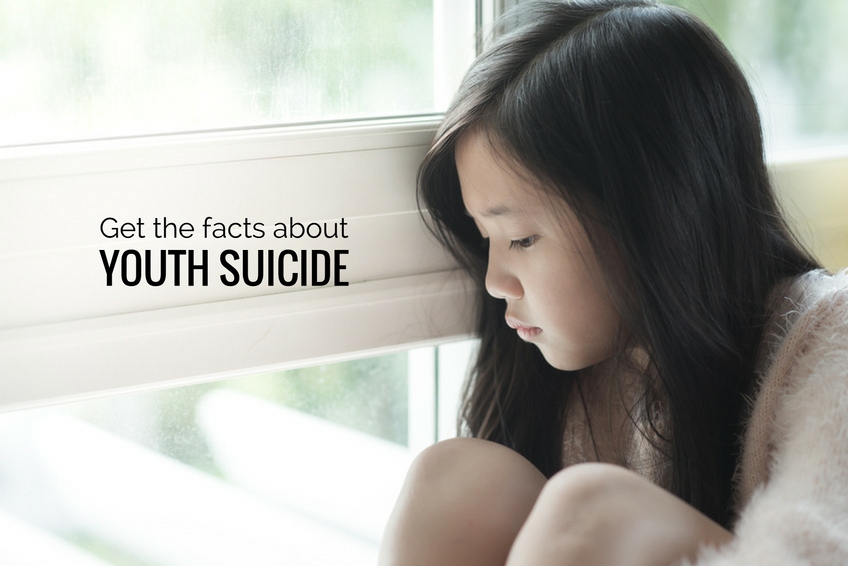Each year, 4,600 young people in the United States between the ages of 10 and 24 lose their lives to suicide. In fact, suicide is the third leading cause of death in that age group in the United States, according to the Centers for Disease Control and Prevention.
Think age 10 is too young to worry about suicide? Think again. Gail Rizzo, a child and family counselor with St. Elizabeth Healthcare, said these days, suicide is even affecting 9-year-olds.
“These are the kids who haven’t really developed abstract thinking yet,” she said. “They think it will be like what happens in the cartoons, that they’ll do it and then they’ll come back. It doesn’t work like that, though.”
One mistake to avoid is assuming that if you ask your child if he or she is thinking about committing suicide, it’s more likely to happen. That’s a fallacy, Rizzo said.
“There’s a big concern in our society that if we ask our kids if they’re thinking about it, they’ll be more likely to do it, but, in fact, most kids who are thinking about it want someone to ask them about it and tell them not to do it,” she said. “And that conversation could get the ball rolling to get the kid the help he or she needs.”
What else can parents do?
Another way parents can be proactive is by watching out for the warning signs. According to Rizzo, those include changes in your child’s behavior, such as a child suddenly isolating him or herself, sudden irritability or fatigue, or a change in personality or sleeping patterns.
“Those are all red flags,” she said.
Another red flag is if your child is starting to give away his or her things: “If your son says, for instance, ‘I’m going to give Tom my favorite bat,’ that’s a big red flag,” Rizzo said.
Another concern for schools is that suicide is very much a copycat syndrome, Rizzo said, meaning that if a child at a school commits suicide, others may be likely to follow.
“The most important thing to remember,” Rizzo said, “is to not be afraid to ask your child if you notice any differences in his or her behavior. Suicide is an extreme loss of hope and despair, and a parent being able to communicate in concrete terms unconditional love no matter how the child is behaving or what is going on can really make a difference.”


